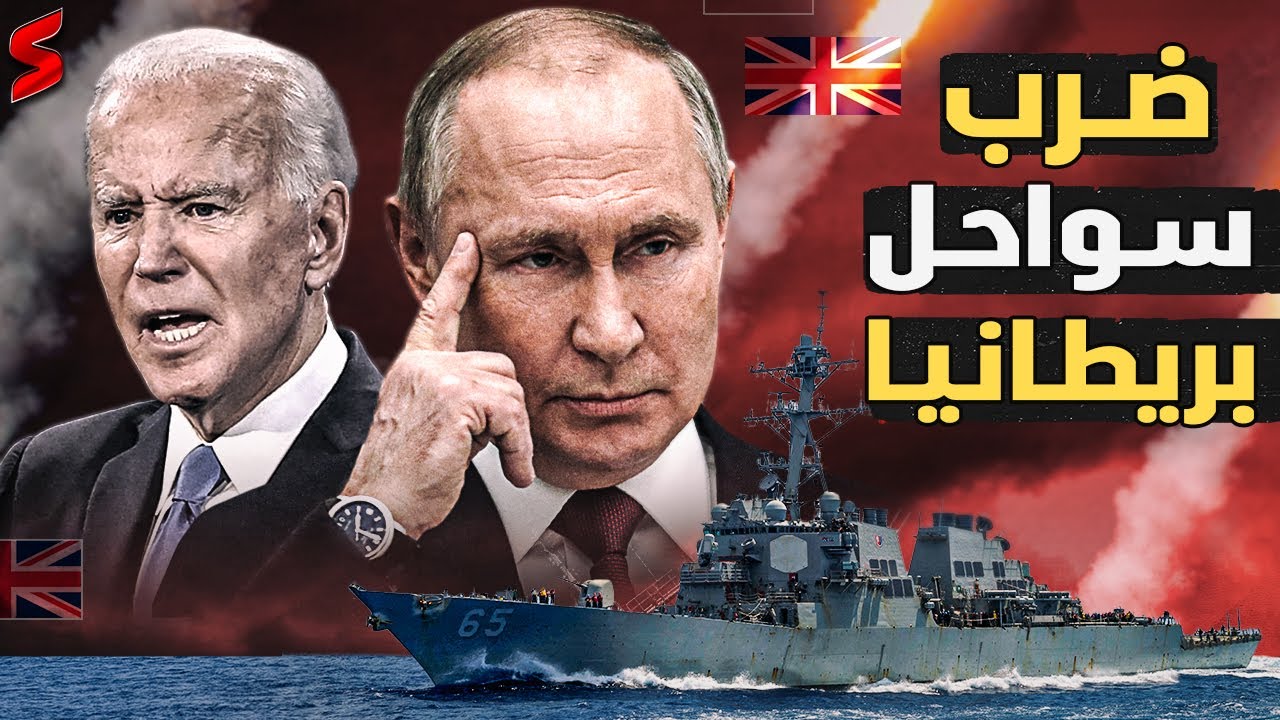Why cyber warfare represents diplomatic territory
Summary
TLDRThe New York Times reports on US military efforts to infiltrate Russia's civilian power grid, highlighting a new digital conflict. Cyber Command has been granted authority to conduct offensive operations without presidential approval, increasing operational freedom. R.P. Eddy, a former National Security Council member, discusses the significance of cyber operations in modern warfare and the potential for miscommunication and escalation due to the lack of established norms in cyber warfare.
Takeaways
- 🇷🇺 The New York Times reported that the U.S. military is infiltrating Russia's power grid, a civilian target.
- 🏢 The Pentagon's Cyber Command has been given authority to conduct offensive operations without direct presidential approval.
- 🔍 Cyber Command's operations are part of an increasingly crowded digital battlefield.
- 💡 Cyber Command has been operational for a decade, focusing on understanding global adversaries' vulnerabilities.
- 🌐 The impact of cyberattacks on critical infrastructure can be devastating, affecting water, hospitals, and traffic systems.
- 🛡️ Cyber deterrence is crucial for the U.S. as it seeks to establish deterrence globally.
- ⚖️ There's a risk of cyber deterrence being misinterpreted as provocation by other nations.
- 🤔 Cyber warfare lacks established rules and treaties, increasing the potential for miscommunication.
- 🏁 The 'Wild West' analogy is used to describe the current state of cyber warfare, with no clear rules of engagement.
- 🔒 Cyber Command's actions are not delegated to individual commanders, suggesting a high level of control over cyber-operations.
Q & A
What was reported by The New York Times regarding American military efforts?
-The New York Times reported that the American military is infiltrating Russia's power grid, which is a largely civilian target, as part of its digital conflict efforts.
What authority has been given to the Pentagon's Cyber Command?
-The Pentagon's Cyber Command has been given the authority to conduct offensive operations without direct presidential approval.
How does the ability to conduct cyber-offensive operations enhance the U.S. military power?
-Cyber-offensive operations are crucial for creating deterrence in the cyber-domain and protecting critical infrastructure, which is often controlled by internet-connected systems.
What concerns does R.P. Eddy have about the current state of cyber warfare?
-R.P. Eddy is concerned about the lack of established norms and rules in cyber warfare, which can lead to miscommunication and misunderstandings between nations.
Why is the comparison to the 'Wild West' appropriate when discussing cyber warfare?
-The 'Wild West' comparison is used because there are currently no established rules or regulations governing cyber warfare, similar to the lawlessness of the historical Wild West.
What are the potential consequences of cyber attacks on civilian infrastructure?
-Cyber attacks on civilian infrastructure, such as power grids, can lead to severe disruptions like lack of water, hospital services, and traffic control, potentially resulting in loss of life.
How does R.P. Eddy view the current pace of technology in relation to diplomacy?
-R.P. Eddy believes that technology is advancing much faster than the diplomatic discussions and regulations around cyber warfare.
What is the significance of Cyber Command being 10 years old?
-The fact that Cyber Command is 10 years old indicates that the U.S. has been investing heavily in understanding and countering cyber vulnerabilities of adversaries for a decade.
What is the potential risk of cyber weapons like Stuxnet being repurposed by other entities?
-The risk is that once a cyber weapon is released, it can be repurposed by criminals or adversary nations, leading to unintended consequences and misuse.
How does the script suggest the Pentagon's Cyber Command is evolving in terms of its operations?
-The script suggests that Cyber Command is evolving to the point where cyber operations are becoming more autonomous and integrated into the military's arsenal of options.
What is the implication of Cyber Command having the ability to act without direct presidential approval?
-The implication is that cyber operations are being normalized as a part of military strategy, with commanders having more freedom to act swiftly in response to threats.
Outlines

此内容仅限付费用户访问。 请升级后访问。
立即升级Mindmap

此内容仅限付费用户访问。 请升级后访问。
立即升级Keywords

此内容仅限付费用户访问。 请升级后访问。
立即升级Highlights

此内容仅限付费用户访问。 请升级后访问。
立即升级Transcripts

此内容仅限付费用户访问。 请升级后访问。
立即升级浏览更多相关视频

Rusya, Ukrayna'yı Kursk'tan Çıkaramıyor

Prof. John Mearsheimer: Ukraine is "DOOMED"

Nga - Ukraine mới nhất 29/1: Nga ồ ạt tấn công tên lửa, Ông Zelensky cảnh báo nguy cơ thế chiến 3

tagesschau 20:00 Uhr, 15.06.2024

Sidang Debat Terbuka DK PBB Situasi Palestina Jadi Isu Utama | Kabar Pagi tvOne

روسيا تجري تدريبات نووية لقصف سواحل بريطانيا و فرنسا بعد هجوم أوكرانيا علي كورسك بالأراضي الروسية
5.0 / 5 (0 votes)
